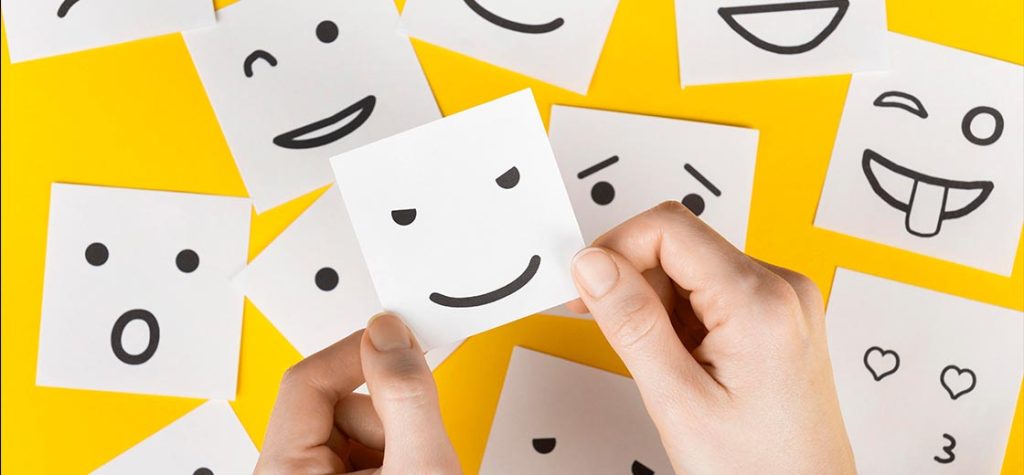
Dr. Divya Jain
Emotions are a critical part of our lives. It is present in diverse forms on different occasions. However, we very often do not realize its vitality while responding to various situations in our life. There is a major shift happening inside us which is un-known many a times & we feel restless, happy, sad, angry, excited, calm, confused depending upon the situation. Marc Brackett, the Director of the Centre for Emotional Intelligence at Yale University, estimates that we all under go 3-5 emotional shifts/minute or around 4000 different emotions/day.
The point here is do we ever try to control our emotions is a matter of question. Controlling emotions does not mean that we have attained full power on a particular emotion. The result of controlling emotions to face a situation means suppressing it & it might result in some bigger issues or reactions in the near future. Therefore, it always better to regulate your emotions & not try to control. Self Regulation or Regulation of emotions, thus, refers to the ability of an individual to respond mindfully to various situations she/he is experiencing in a manner which is socially acceptable & self-satisfactory
Under the third quadrant of the EI model developed by Daniel Goleman, Self- management focuses on the level of acceptance, transparency, self-regulation & optimism in one-self. The ultimate aim under self-regulation for an individual is to be able to take emotional responses as cues for both action& coping effectively in relationships.
At work places, self-regulation is the critical area which needs to be focused during team interactions, conflicts or different areas of interest. On one hand, where companies are working on diversity & inclusion from demographics view-point, the need for D&I in thoughts, emotions & feelings also needs to be look after. Organizations during & post pandemic are now focusing more on people who are emotionally strong & have a resilient attitude, moreover, leaders who are more inclined towards regulating their emotions than controlling it.
CER, i.e. Cognitive Emotion Regulation (Carina Coulacoglou, 2017) is one amongst the strategies that refers to what individual think to handle their emotions in response to eliciting events. This technique represents the conscious thoughts via which an individual regulates her/his emotions to face unprecedented situations in life.
In a nut shell, use of this technique often creates wonders in life & at work places. It is understood that regulation of emotions is critical than control of emotions & therefore, below are some of the tips to practice how to consciously regulate emotions at work places & in personal lives so as to lead a mindful & joyful life;
- Be in gratitude with whatever comes your way
- Always view challenges as opportunities
- Be mindful of your thoughts & feelings
- Practice meditation & breathing exercises
- Inculcate attitude of acceptance
- Observe your emotional patterns & work accordingly
- Employ cognitive reframing to modify your thoughts & thinking patterns
- Be empathetic
- Remember “you always have a choice”
- Take a 360 degree understanding of the situation before acting or responding

















